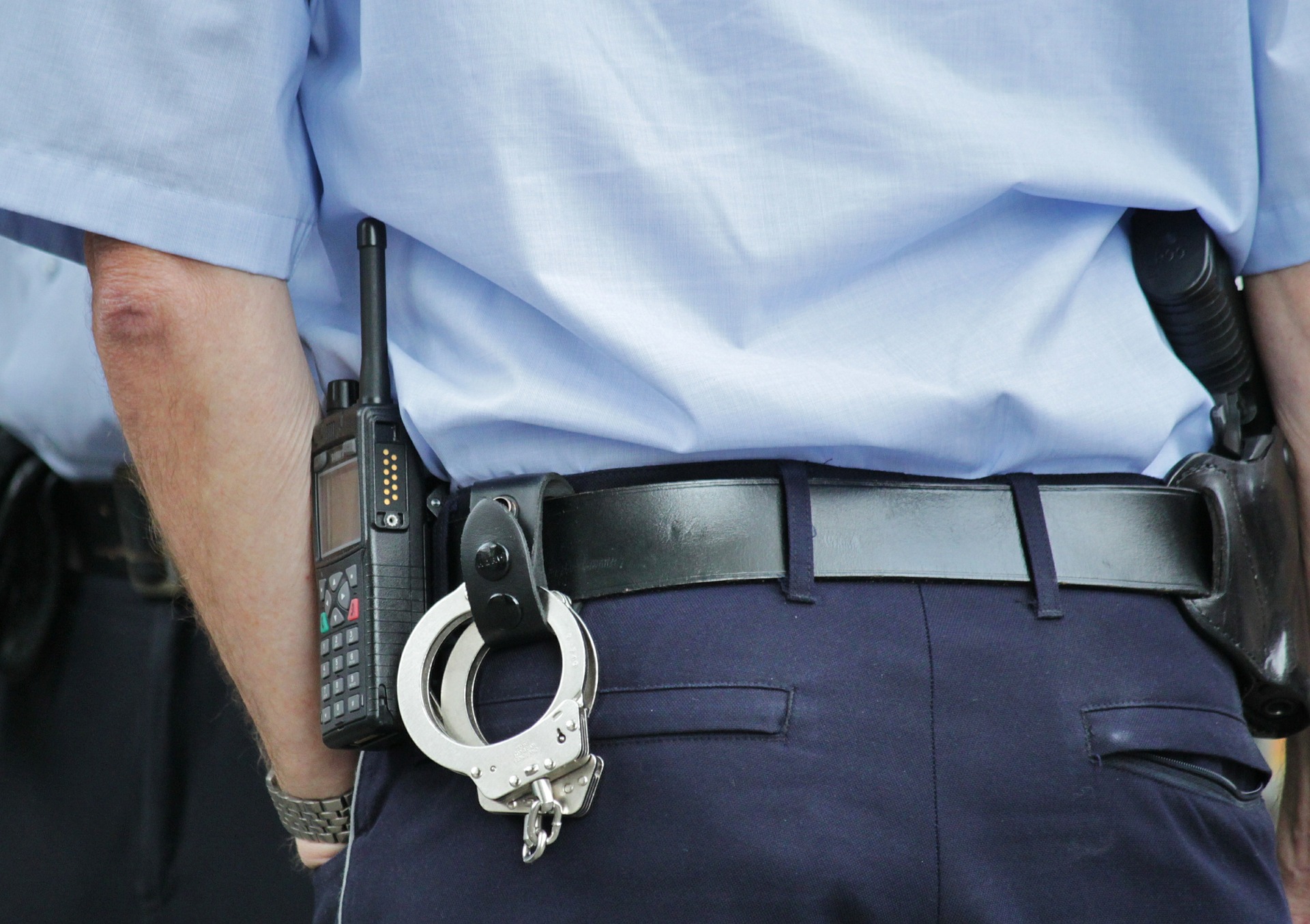There may not be one single explanation for SDPD’s failure to hire enough officers, but there is one reason Police Chief Shelley Zimmerman keeps returning to: scrutiny from the media. It’s an argument she’s made many times – and one for which she’s consistently declined to provide evidence.
SDPD still can’t figure out how to hire more officers, and it still believes the media is at least partly to blame.
Police Chief Shelley Zimmerman appeared before the City Council’s public safety committee Wednesday to tell a familiar story: Years after inking a five-year plan to ramp up hiring and stem retention problems, the department has made essentially no progress at all.
With just over 1,830 officers, SDPD is staffed at about the same level today it was in 2012, when the city greenlit a plan to increase budgeted officers by 150 over five years. Instead, the department is expected to have fewer active officers at the end of the year than it did when the plan was approved.
But the real number of officers on the street is even lower than that. A staffing report from earlier this year obtained by Voice of San Diego shows the city’s official number includes recruits and those on various forms of leave. When you subtract those roughly 150 officers, the city had fewer than 1,700 officers available in February.
“Simply put, we’re going in the wrong direction,” said Brian Marvel, president of the San Diego Police Officers Association.
In the last five years, the city has devoted more money to hiring more officers. It just hasn’t amounted to anything.
We’re funding more, but not increasing the staffing level,” Councilman Chris Ward said at the committee hearing, noting that the city has budgeted for 70 more officers without any increase in staffing.
The department just hasn’t been able to bring in enough new officers to keep pace with retirements and departures. SDPD’s next academy has space for 43 cadets, but Zimmerman said it won’t have more than 24 spaces filled. That’s consistent with recent academies.
Councilwoman Lorie Zapf asked Zimmerman what is keeping the department from recruiting more officers to fill up those academies.
“Scrutiny,” Zimmerman said. “People think if they make a mistake, they’ll be the next YouTube video. Some don’t think they have the support of the community. Negative press that happens quite a lot, in the media – it’s not just one reason.”
She added that pay, compensation and benefits matter, too.
Ward had a similar question. He asked what was working and what wasn’t, and Zimmerman said it really comes down to money. But, he asked, if the city is offering more money, and it’s going unspent, what else is there?
She said after years of cuts, the budget is just now returning to previous levels. But as that happened, police officers began coming under more scrutiny.
“We had a lot of negativity, and what’s going on across the country, and the dialog that’s going on,” she said. “It’s not one reason.”
There may not be one reason that’s keeping hiring down, but there was one reason Zimmerman kept returning to: scrutiny from the media and the community.
It’s an argument she’s made many times – and one for which she’s consistently declined to provide evidence. She did say that in talking to other chiefs across the country, it’s a problem they’re all facing.
Last year, though, Councilman David Alvarez’s office produced a report that cast significant doubt on the claim. SDPD’s 8 percent attrition rate was double the benchmark level for large agencies and was well above other large agencies in Los Angeles and Dallas. In other words, the national media attention Zimmerman has blamed for the department’s recruitment problem hasn’t stopped other departments from hiring enough officers.
On Twitter following the meeting, Alvarez reiterated his point that there’s no evidence the national dialog is hurting SDPD’s recruiting and retention efforts.
Indeed, whatever issues SDPD was having combatting negative media depictions weren’t shared by the San Diego County Sherriff. Sheriff Bill Gore told the San Diego Union-Tribune last year his department didn’t have any issues replacing departing officers, or staying at its budgeted staffing levels.
Marvel told VOSD the biggest problem is pay. Even with a new contract, officers aren’t getting paid what they can make at other departments, so it lags behind in hiring.
“Everyone knew that was the case, but we thought we could craft a contract that could keep our head above water,” he said.
But he too said the dialog around policing plays into recruiting and retaining officers.
“I’m not sure how many other occupations have 15 phones videotaping you,” he said.
The department’s inability to hire officers could itself contribute to a lack of trust between the community and SDPD.
When the city last had as many officers as it now hopes to hire, it aimed for officers to spend 40 percent of their time doing proactive policing – building relationships instead of responding to specific calls.
At the time it adopted the five-year plan, that number had fallen to 26 percent of an officer’s time. Marvel said the number is now closer to 15 percent.
“Forty percent is a great goal to shoot for, but under the constraints we’re facing, just moving in that direction would be awesome,” he said.
[divider] [/divider]





